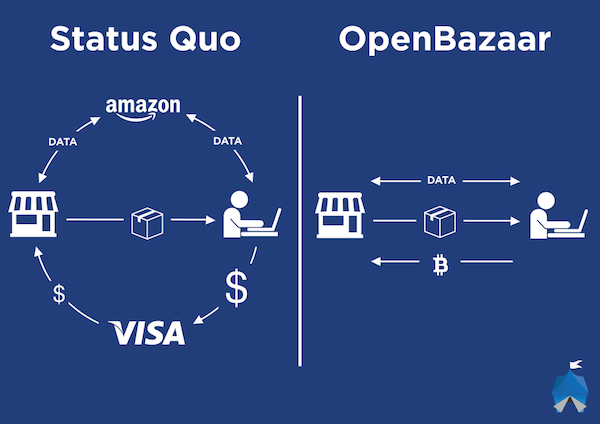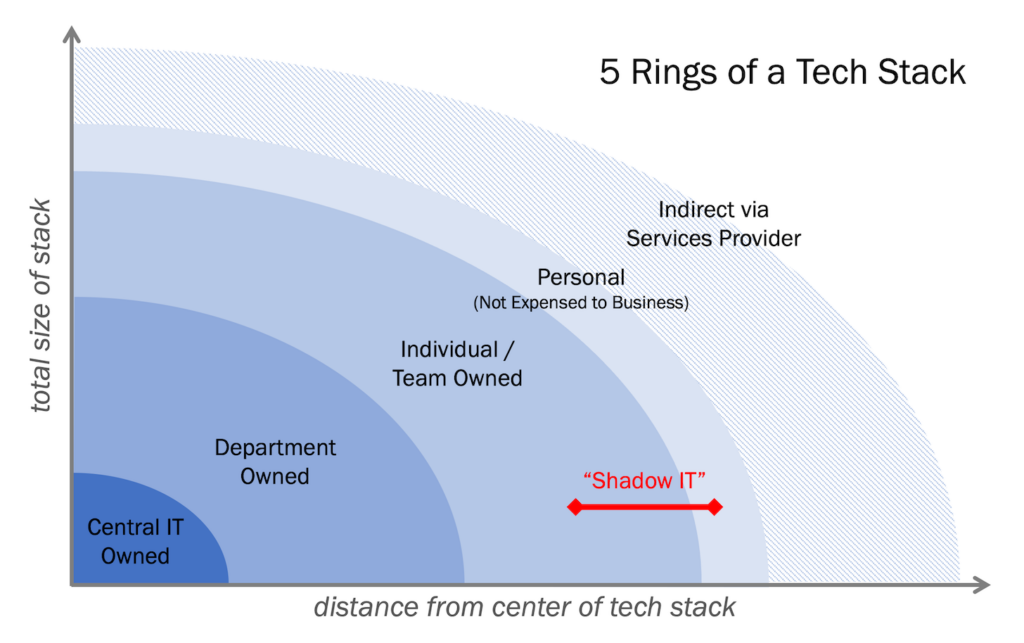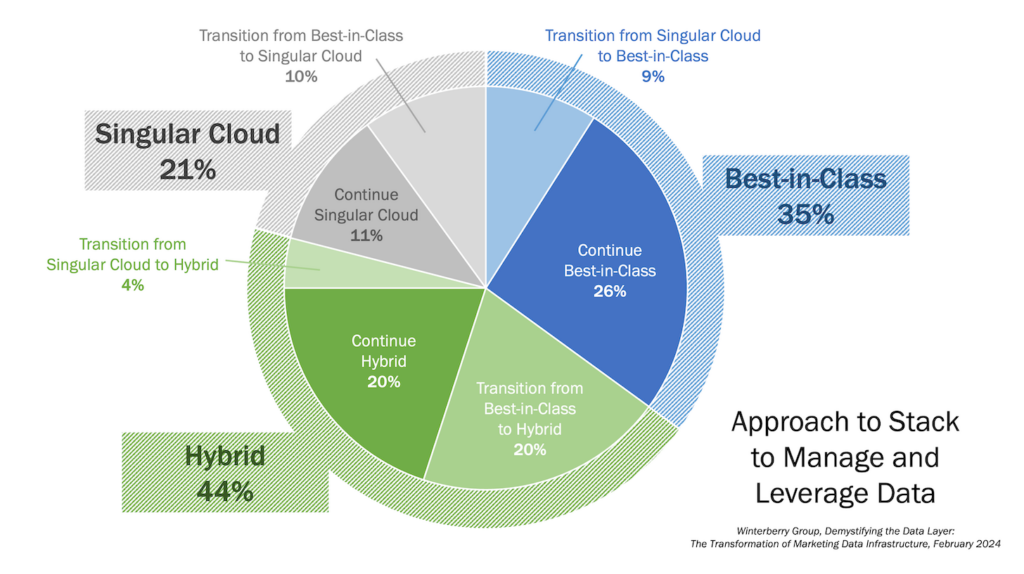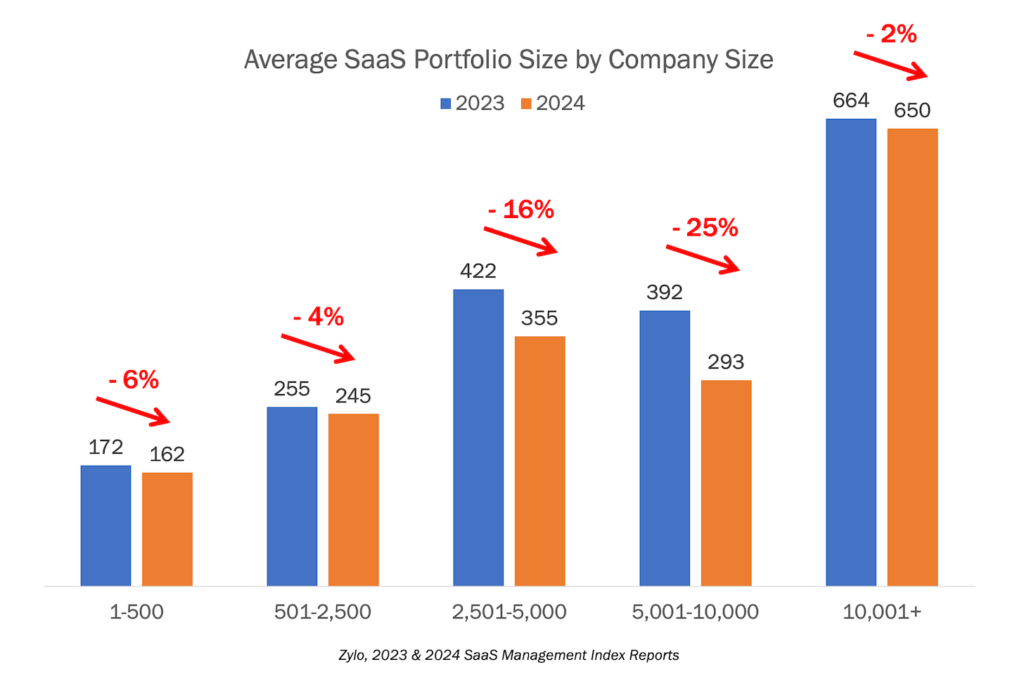This is a follow-up guest post by Jeremy Epstein, CEO of Never Stop Marketing, to his previous article on blockchain marketing. Jeremy currently works with several of the leading companies in the blockchain and decentralization space including OB1 and OpenBazaar. Previously, he was VP of marketing at Sprinklr.
Sometimes a brand’s core values come in conflict with reality. Sometimes people feel pressured to act contrary to values or ethics. Sometimes they do. And brands get hurt because of it.
What if we could remove the fallibility of humans from the equation so that core values were truly unwavering?
I think we will be able to do just that.
Bernadette Jiwa is one of my favorite marketing bloggers. She is insightful, passionate, results-oriented, but with empathy and compassion. Recently, she had a post called How To Build a 21st Century Brand.
She first explained what branding was. Then, she shared what branding will be.
“Today a brand is a promise that people align with, believe and invest in and branding begins from the inside out. 21st century brands are purpose-driven. They have a reason to exist beyond making a profit, and they no longer aim to appeal to the average or everyone.”
Now, let’s posit that Bernadette is right about this. That there is a global need to fill (for many who may be higher up the Maslow hierarchy) to connect with products and services which align to their core values. I happen to think that she is right. (Others don’t, btw.)
And, many companies, when they start out are the proverbial “change the world” and “do-good” philosophy. And they genuinely believe they are and behave accordingly.
Yet, like many children who grow up and face adult pressures, they go down the slippery slope of compromising on those values in the face of quarterly profit pressures and human interests and incentives.
But, what if…
A brand starting out today could “hard code” its brand values so that, no matter what, the behavior of the brand could never be altered?
No matter who was CEO or who was in a position of power.
That would be pretty crazy to think about.
And when I say “hard code,” I mean literally “hard code.”
Here’s a simple example:
You would take the desired values of a brand, say, “if a customer wants to make a return, we always say ‘yes,’ no matter what” and write software code which would be immutably written into the company’s founding blockchain.
Once it is in there, it’s in there.
Take OpenBazaar, for example (disclosure: client).
They are building a peer-to-peer, decentralized ecommerce marketplace. It’s more private, more secure, and more liberating than eBay or any of the other competitors.
One of their core principles is “no one can take down your store, ever, for any reason.”
That principle is embedded into the blockchain and it can’t be changed. Ever.
No executive or core developer team can come in 5 years later and say, “you know, we want to have the ability to take down the store of a merchant we don’t like.”
Doesn’t matter. It can’t be done.
So, essentially the values as envisioned by the OpenBazaar team as a brand promise become immutable.
Bernadette writes that:
“A brand story is no longer like the top coat of gloss paint applied at the last moment to make the surface shinier and more immediately attractive. It’s the undercoat that often nobody sees, but which allows the brand to endure.”
The software protocol that is the “plumbing” which makes a decentralized marketplace work is precisely what she is describing. It really is the undercoat that nobody sees, but which allows the brand to endure.
What’s so fascinating about this era of “fat protocols” (as Joel describes it) is that not just business rules in the transactional sense can be immutably written into the blockchain.
It’s that business rules in the brand values sense that can be written as well.
We’ve all seen brands that proclaim allegiance to a certain set of core values only to be disappointed by them at some point.
As we inspect with greater rigor the brands in our lives in the future, we will not only expect to understand things like “return policy” and “benefits” but also things like supply chain transparency and brand values that are eternal, backed by math, software, and code, not a poster on a wall and infallible humans.
21st century brands will be human-envisioned but blockchain-empowered.
Thanks, Jeremy!
Readers: Jeremy will be speaking at the MarTech Conference in San Francisco, May 9-11, with a fantastic presentation on Marketing in a Blockchain World. Register now for the lowest “alpha” rate on tickets to guarantee your seat.




I like your advice to make a desired brand value, like always making returns, a permanent part of your block chain. Like Jiwa said, branding is a promise and it must begin from the inside out. A company must make their brand strategy stand on being conveyed verbally, visually, and like this article makes clear- experientially. http://designbybeau.com/services